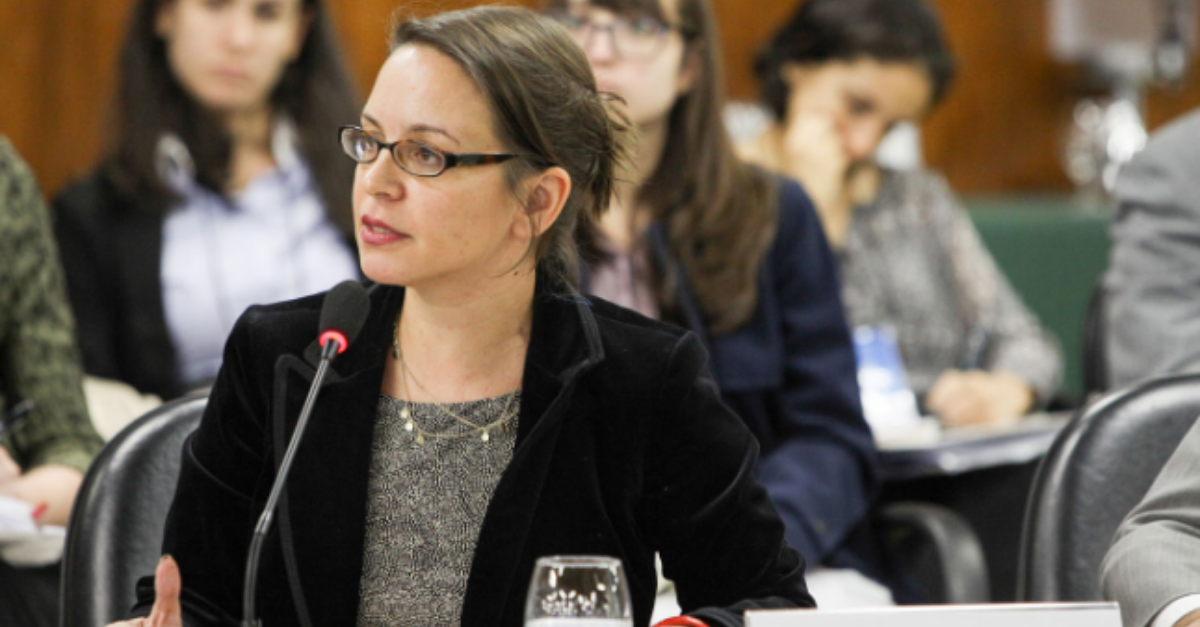Climate Change and Risk of Conflict: The Links Grow Clearer
Published on PassBlue
There is growing evidence that climate change can increase the risks of conflict and violence. When government authorities are unable or unwilling to mitigate and adapt to climate shocks such as hurricanes, tornadoes, floods and droughts, these extreme weather events are more likely to be followed by surges in crime, including homicide, robbery and sexual violence.
Slower, creeping forms of climate change also matter. Desertification and shrinking water resources can sharpen disputes, including in areas where extremist groups are active, such as the Sahel region in West Africa. In places where survival depends narrowly on a natural resource, scarcities can inflame pre-existing tensions — or incite new ones. These relationships demand urgent but balanced action, especially steps toward prevention.




